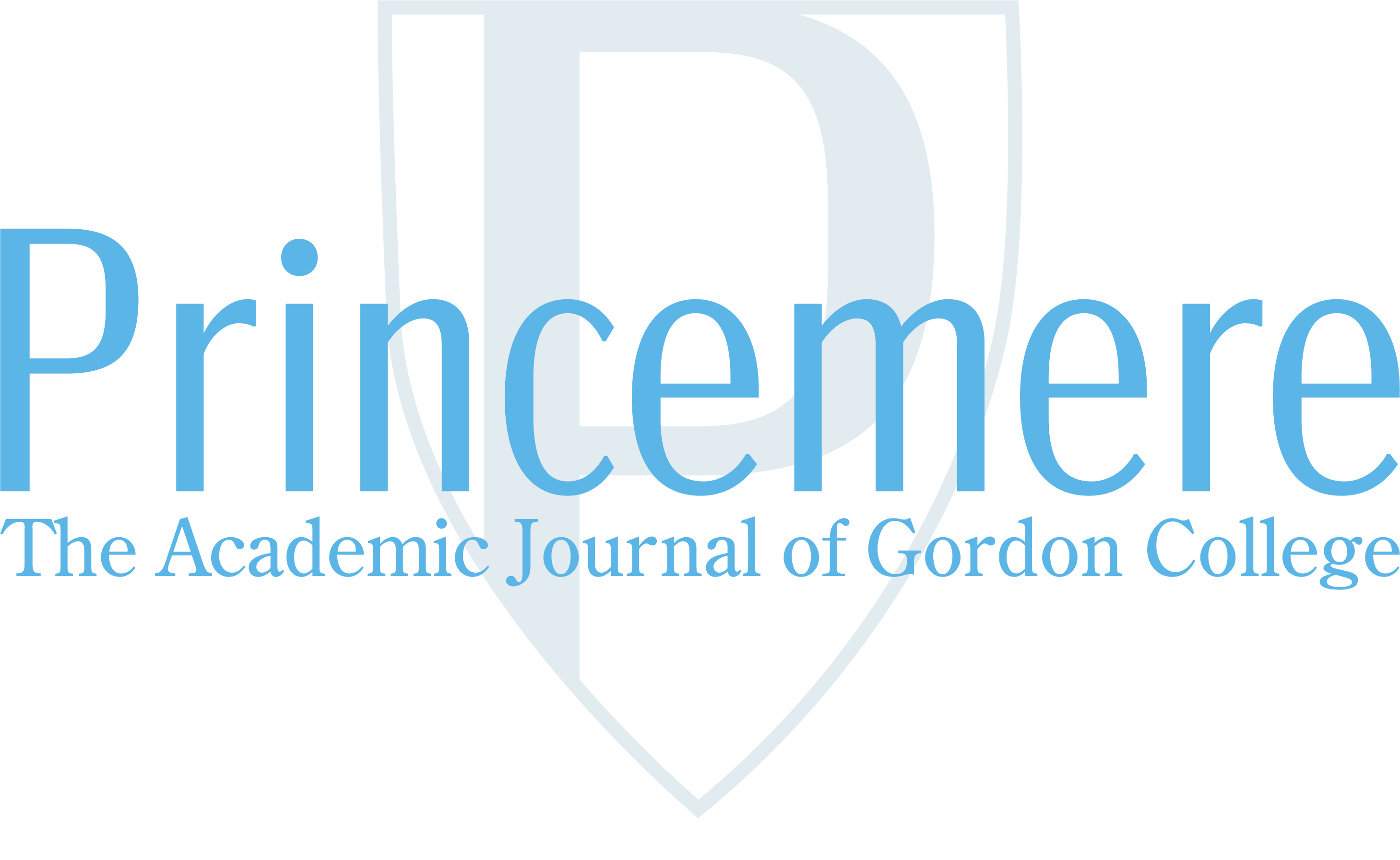Elizabeth Van Bebber is a senior Theatre Arts and Biblical Studies double major with a Classics minor. She has a passion for Biblical languages, theology, and hermeneutics. In addition, she has worked extensively in the Theatre Arts program at Gordon, serving as the sound designer for shows such as Blood and Gifts, Silent Sky, and Antigone. She is currently working on a stage adaptation of the book of Daniel. She intends to pursue a Master’s degree and beyond, in order to teach and write further about the Bible.
The dialogue between Jesus and John 8:31-59 has proven to be notoriously difficult to exegete. However, the abundance of child and childbearing language is a potential key to unlocking this text. The paper tracks through the gospel of John this family of Greek words, consisting of σπέρμα (seed), τέκνον (child) and γεννάω (to give birth). It begins by analyzing John 1:12-13, which establishes that believers in Christ are “children of God.” It then analyzes John 3:1-10, which elaborates more upon the nature and means of the spiritual birth discussed in the prologue. The climaxes of this theme in John 19:26-27 and John 20:17 are analyzed briefly. Next, the two uses of the term “seed” are discussed. Using John 7:42 as a starting point, the paper traces the biblical theme of the seed of promise back through the Old Testament. Finally, these three strands are drawn together in order to interpret John 8:31-59. The term “seed of Abraham” is set against its Old Testament context and “children of God” set against its Johannine context. The result sheds light on how this passage fits into its broader biblical and specifically Johannine contexts.

